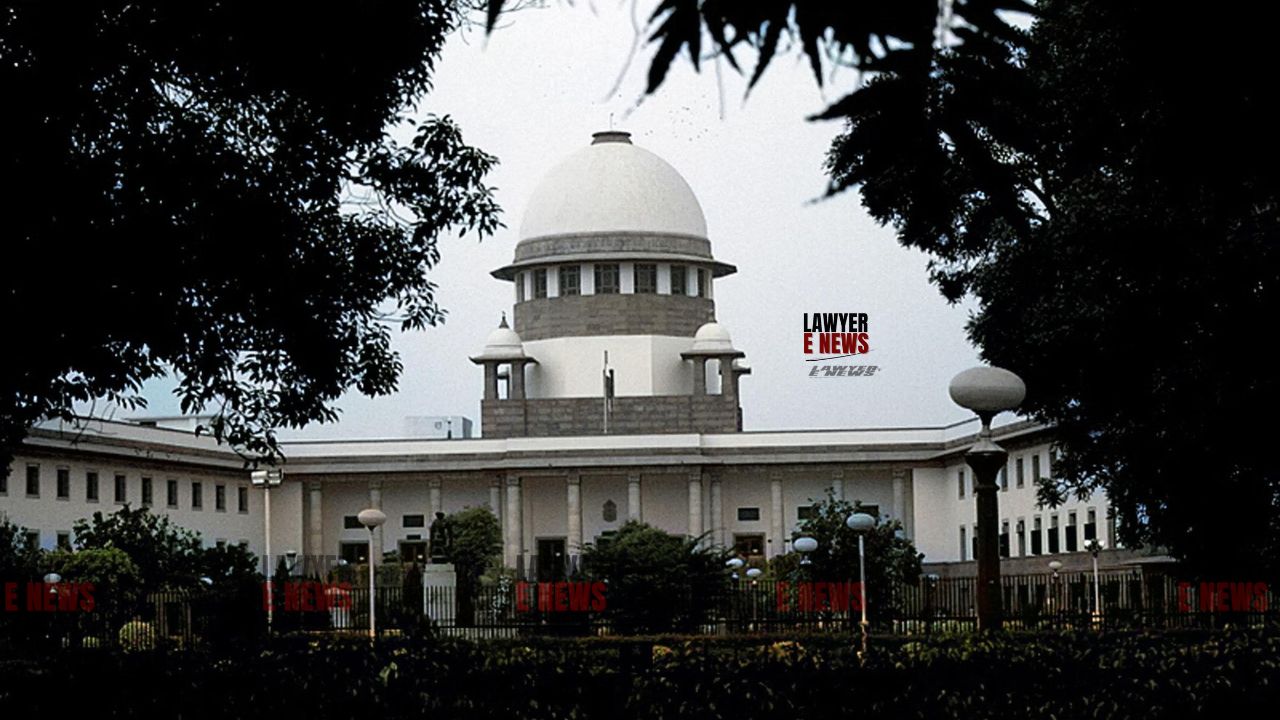-
by Admin
15 February 2026 2:36 AM



In a significant ruling, the Supreme Court of India clarified that a contractual appointment does not equate to a permanent employment under the Uttar Pradesh Dying in Harness Rules, 1974. The judgment, delivered on August 28, 2024, by a bench comprising Justices Pamidighantam Sri Narasimha and Pankaj Mithal, partially allowed the appeal of the Uttar Pradesh State Road Transport Corporation (UPSRTC) against a High Court order. While the Supreme Court upheld the quashing of the respondent’s termination, it ruled that the appointment was contractual and not compassionate, as initially determined by the lower courts.
The case originated when Brijesh Kumar, the respondent, sought a compassionate appointment following the death of his father, who was a regular conductor with UPSRTC. His father passed away in 2003, but Kumar was a minor at the time. Upon reaching adulthood and acquiring necessary educational qualifications, his mother applied for his compassionate appointment. However, instead of being appointed under the Dying in Harness Rules, Kumar was offered a contractual position as a conductor by UPSRTC in 2012, under a policy decision offering preferential contractual appointments to dependents of deceased employees. His services were terminated in 2016 for alleged misconduct, leading to legal proceedings.
The Supreme Court critically examined whether Kumar’s appointment was made under the Dying in Harness Rules or was purely contractual. It concluded that the respondent was not appointed on compassionate grounds. “There is no reference of any compassionate appointment in any document,” the court observed, emphasizing that Kumar accepted the contractual role knowing its terms, which included a security deposit and a formal agreement.
The Court noted that while the respondent’s services were terminated due to alleged misconduct, the process lacked adherence to the Principles of Natural Justice. The termination was executed without a regular inquiry, show-cause notice, or opportunity for Kumar to defend himself. “The termination order is apparently stigmatic in nature which could not have been passed without following the Principles of Natural Justice," the bench remarked.
The Supreme Court held that the High Court erred in its interpretation by concluding that Kumar was a permanent employee under the Dying in Harness Rules. It clarified that contractual employment, even if offered on a preferential basis due to the deceased’s relation, does not confer the same rights as a permanent appointment under compassionate grounds. The Court, however, maintained the quashing of the termination order due to the failure of UPSRTC to follow proper procedural requirements.
Justice Pankaj Mithal stated, “The High Court erroneously on complete misreading of the material on record, held that the appointment of the respondent to be on compassionate basis and that he is liable to be treated as a permanent employee.” He further added, “The Principles of Natural Justice were not adhered to, rendering the termination order legally unsustainable”.
This judgment underscores the Supreme Court’s commitment to procedural fairness while also clarifying the distinct legal frameworks governing compassionate and contractual appointments. The decision is expected to influence future cases involving similar disputes, particularly those concerning employment rights under compassionate grounds versus contractual obligations.
Date of Decision: August 28, 2024
U.P. State Road Transport Corporation & Ors. Vs Brijesh Kumar & Anr.
